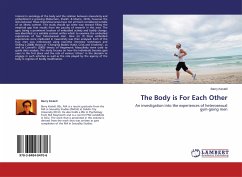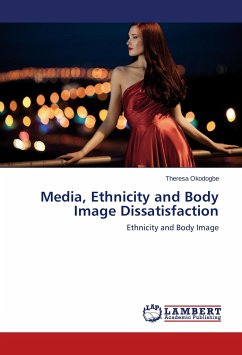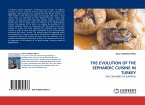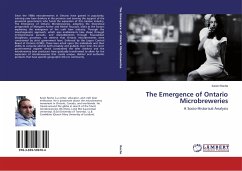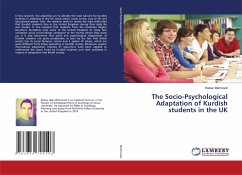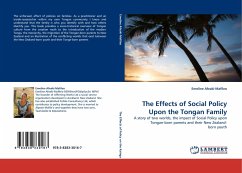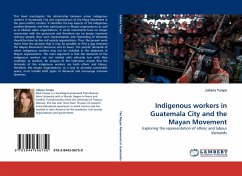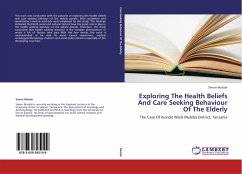Interest in sociology of the body and the relation between masculinity and embodiment is growing (Robertson, Sheikh, & Moore, 2010), however the links between these theoretical areas have not yet been considered outside of an illness context. This study should go some way toward filling the empirical gap that results from the paucity of research in this area. The gym, being a prominent location of embodied activity and bodily change, was identified as a suitable context within which to examine the embodied experiences of four heterosexual men. How (or if) these embodied experiences were implicated in masculinity was then analysed. Each of the four men was interviewed using narrative interview techniques and Shilling s (2008) theory of Changing Bodies: Habit, Crisis and Creativity , as well as Connell s (2005) theory of Hegemonic Masculinity were used to guide data analysis. The study focuses on how the individuals became gym users in the first place and the role of various othersin the decision to engage in such activities as well as the role played by the agency of the body in regimes of bodily modification.
Bitte wählen Sie Ihr Anliegen aus.
Rechnungen
Retourenschein anfordern
Bestellstatus
Storno

